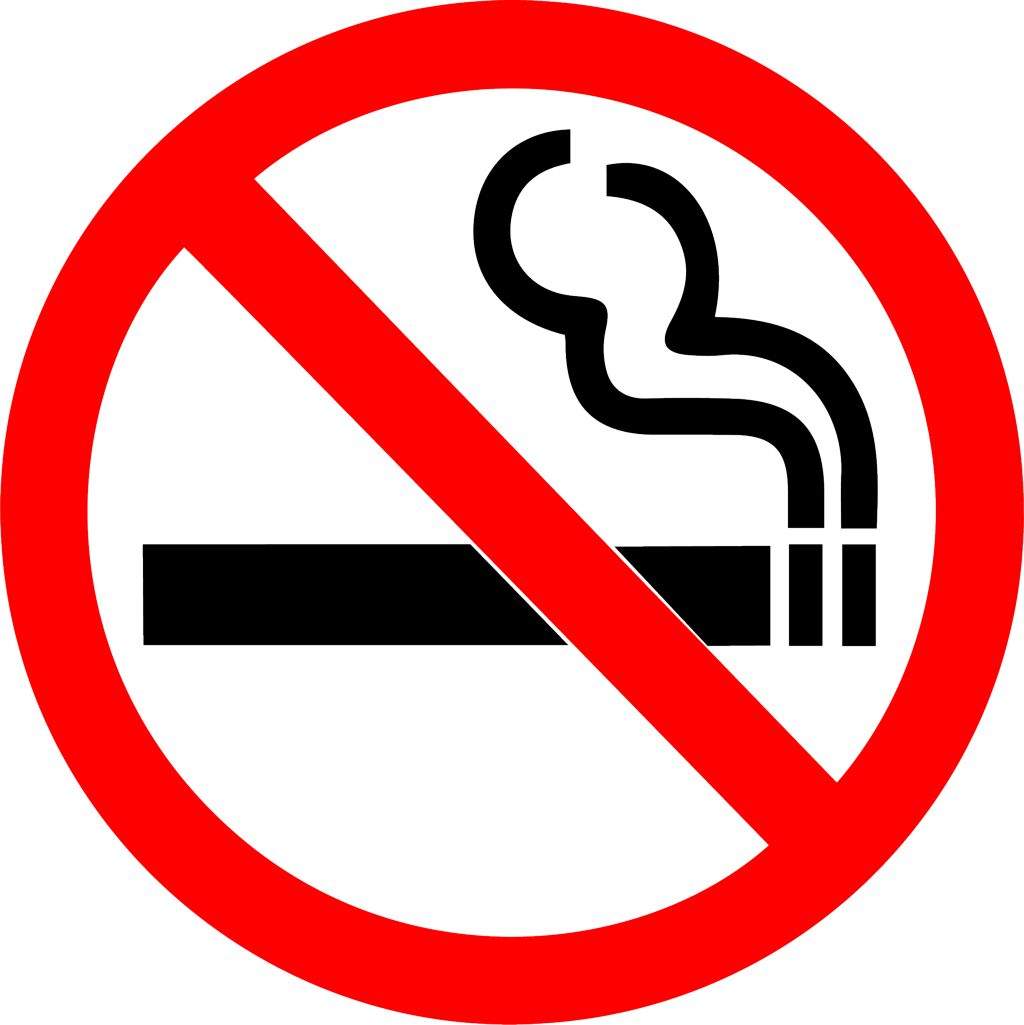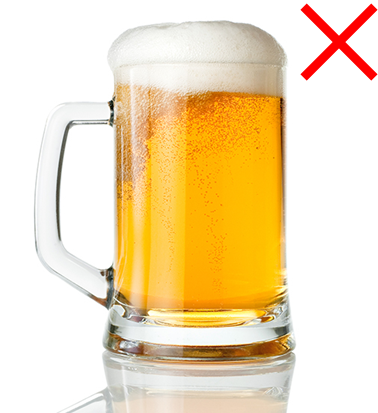What is Peri-anal Abscess?
- Peri-anal abscess is the area near the anus or rectum that is filled with pus due to infection.
- The main cause of formation of peri-anal abscess is anal gland inflammation. Everyone has 7 to 8 anal glands, each anal gland has an internal opening, located in the anus about 1.5cm from the anal verge. Sometimes, the internal opening will be blocked by foreign bodies, which will cause a large number of colonic bacteria in the anal gland to proliferate and cause inflammation and suppuration, forming an perianal abscess.
What is an Anal Fistula?
- An anal fistula is usually a subcutaneous pathway formed by the natural rupture of an anal abscess or by surgical drainage. It is like a small tunnel connecting the anal gland and the buttock epidermis.
- Once the abscess is drained, a passageway is formed between the anal gland that forms the abscess and the skin around the anus. When the abscess continues to be excreted through this passageway, it is called the anal fistula. The external opening of the fistula can be blocked by epidermal healing or other reasons, resulting in the accumulation of pus in the fistula again, which becomes an acute abscess. Abscess may be drained again through the original opening or by a new opening. In such repeated episodes, fistulas, like branches, create multiple external openings, making treatment especially difficult.
Surgical Precautions
- Fasting is required on the day of operation and an enema is given before the operation.
- After surgery, gauze is inserted into the wound with tape applied over it; if you have a desire to defecate, this is a normal phenomenon; do not take out gauze without permission to prevent the risk of bleeding.
- If the wound is bleeding badly, or the pain is intolerable, and can’t pass urine, please contact the nursing staff for treatment.
- The gauze on your wound can be removed the next day after operation. You can go to the toilet to defecate and take a warm sitz bath (40℃).
- Take a warm sitz bath in the morning, noon, evening, before bed and after each bowel movement (3-5 minutes each time).
Dressing Change
- Gently wipe the wound dry after a sitz bath.
- Apply the ointment on your forefinger. Gently put the ointment finger into the anus, deep to about 1 - 2 knuckles, and gently rotate the ointment onto the wound and massage it. Do not use cotton swabs instead of fingers; try to avoid rubbing by others to prevent causing open wound bleeding and pain.
- Apply ointment 2 - 4 times a day after a sitz bath.
- During a sitz bath, squeeze from the outside of the fistula wound and dry it after the bath.
- Cover the anus with gauze. Remove the gauze when it gets wet or during a sitz bath or bowel movement.
- If a drainage tube has been placed in a fistula wound, do not remove it by yourself. After the wound is clean, the doctor will remove the drainage tube during the follow-up visit.
Diet
- To facilitate your bowel movement, please eat three regular meals, consume more fruits and vegetables high in , and do not eat stimulants such as tobacco, alcohol or spicy food.
- Suggested fruits: apple, papaya, pitaya, kiwifruit, tangerine, orange, etc.
- Suggested vegetables: leafy vegetables, asparagus, bamboo shoots, large tomatoes, etc.



Contraindication
- Avoid scrubbing the anus after defecation.
- Avoid prolonged standing, sitting, squatting, and strenuous activities such as lifting heavy objects or cycling.
Revisit Notes
- When the wound is erythema, swollen, hot, painful or bleeding profusely.
- Shivering, fever, body temperature over 38°C.
For any questions, please feel free to contact us.
- Colorectal and anal surgery consultation telephone: (04) 22052121 ext. 16356
- Specialized Nurse 0975-680760, 0975-680767, 0963-620251

